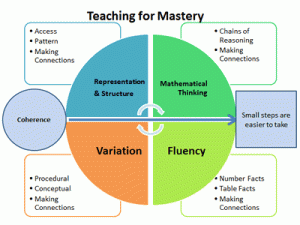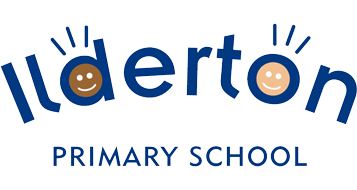Maths Mastery and White Rose Maths
The Essence of Maths Teaching for Mastery
Maths teaching for mastery enhances the idea that everyone can achieve in maths. All pupils are encouraged by the belief that by working hard at Maths, they can succeed. All children are taught through whole-class interactive teaching, where the focus is on all pupils working together at a level that is right each individual child. This ensures that all children can master concepts in order to make rapid progress. Lessons are designed to identify new mathematical concepts through visual representations in a carefully planned learning journey. Maths lessons incorporate a range of activities, including back and forth interaction, questioning, partner work, short tasks and independent tasks. Reasoning skills are at the heart of the Mayflower Federation Maths curriculum. All children experience procedural fluency and conceptual understanding in order to fully explore and understand a wide range of mathematical concepts, as outlined in the National Curriculum. Children are given the chance to practice mathematical skills, as a way of embedding learning and using and applying new skills in a variety of real-life contexts.

This diagram represents the model that teachers use to ensure a full breadth of mathematical strategies are used. Further to this, the Mayflower Maths curriculum allows to children to address the following:
- Coherence: Lessons are broken down into small connected steps that gradually unfold the concept, providing access for all children and leading to a generalisation of the concept and the ability to apply the concept to a range of contexts.
- Representation and Structure: Representations used in lessons expose the mathematical structure being taught, the aim being that students can do the maths without recourse to the representation.
- Mathematical Thinking: If taught ideas are to be understood deeply, they must not merely be passively received but must be worked on by the student: thought about, reasoned with and discussed with others.
- Fluency: Quick and efficient recall of facts and procedures and the flexibility to move between different contexts and representations of mathematics.
- Variation: Variation is twofold. It is firstly about how the teacher represents the concept being taught, often in more than one way, to draw attention to critical aspects, and to develop deep and holistic understanding. It is also about the sequencing of the episodes, activities and exercises used within a lesson and follow up practice, paying attention to what is kept the same and what changes, to connect the mathematics and draw attention to mathematical relationships and structure.



